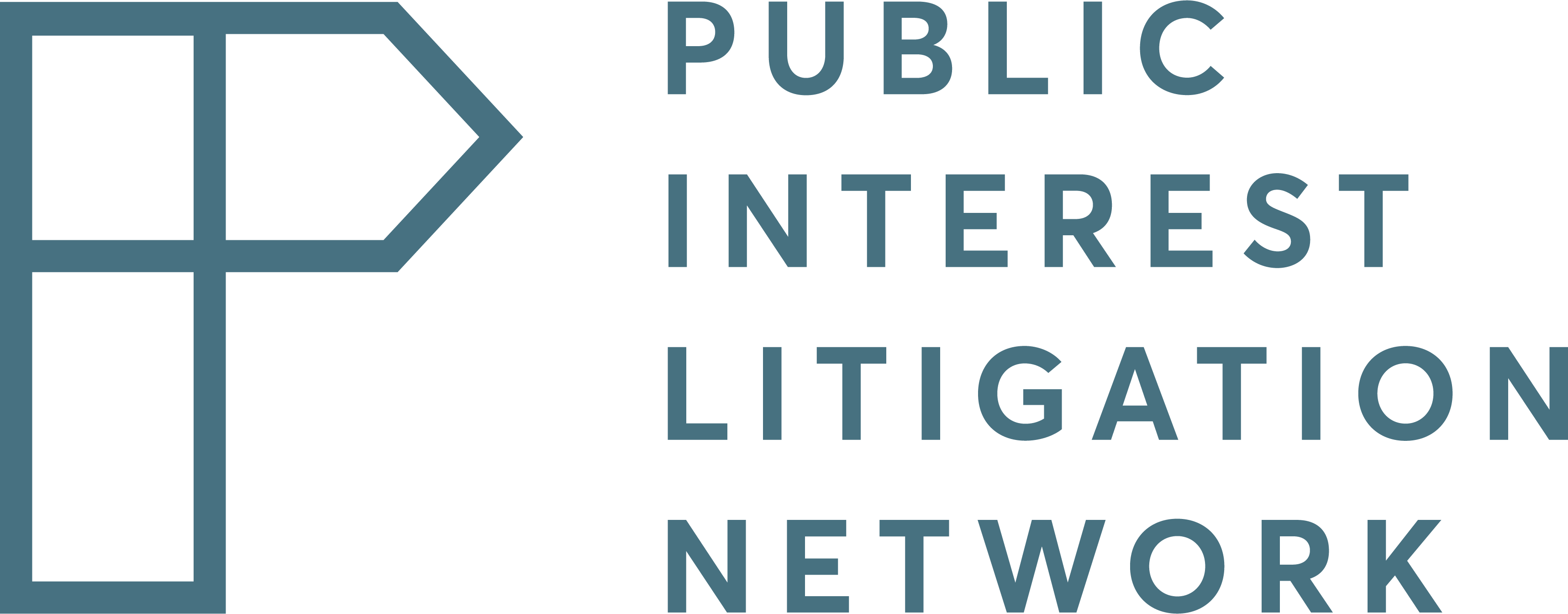The PILN is a network of lawyers mostly from Malta who are committed to providing a pathway to justice to victims and bereaved families by assisting in cases that are of public interest. This guidebook answers common questions bereaved families have, and explains legal terms and proceedings. At the end of the guidebook you will find contact details of other organisations that can also support you.
What does the PILN lawyer need from me?
- Provide the lawyer with all the facts and circumstances of your complaint.
- Allow the lawyer to ask questions and answer as best you can.
- Provide the lawyer with copies of all the relevant documents to the case as soon as possible.
- Treat the lawyer with courtesy and respect.
- Inform the lawyer if you will be late or if you are unable to keep an appointment.
Do I need to pay court fees and lawyers’ fees to open a case?
No, the PILN lawyers’ services are pro bono. This means that the lawyers do not charge for the services they offer you.
The court fees to open the court case are paid for by The Daphne Caruana Galizia Foundation. Any other fees, such as court-appointed experts will be paid for by The Daphne Caruana Galizia Foundation or the client, depending on the particular situation.
If the PILN lawyer demands gifts, unauthorised payments or other favours for his/her services, please tell The Daphne Caruana Galizia Foundation about this.
How can I get in touch with the PILN about a potential case?
You can contact the PILN by sending an email to governance@piln.mt or calling on +356 99988203 to set up an appointment.
How will I know if my case is of public interest?
A case can be considered to be of public interest when:
- you are facing systemic discrimination that means you and others face unfair disadvantage;
- your human rights are violated, especially if you are particularly vulnerable or disadvantaged;
- you would like to address a power imbalance in society;
- you would like to enforce the rule of law;
- you have a private interest that may have a large social impact on the general public if your case is successful.
Has too much time passed since the incident for me to file a case?
There is no time limit (prescriptive period) when it comes to human rights cases. This means you can open a case no matter how much time has passed since the incident happened. For civil cases, the prescriptive period is two years from the date of the accident or crime.
